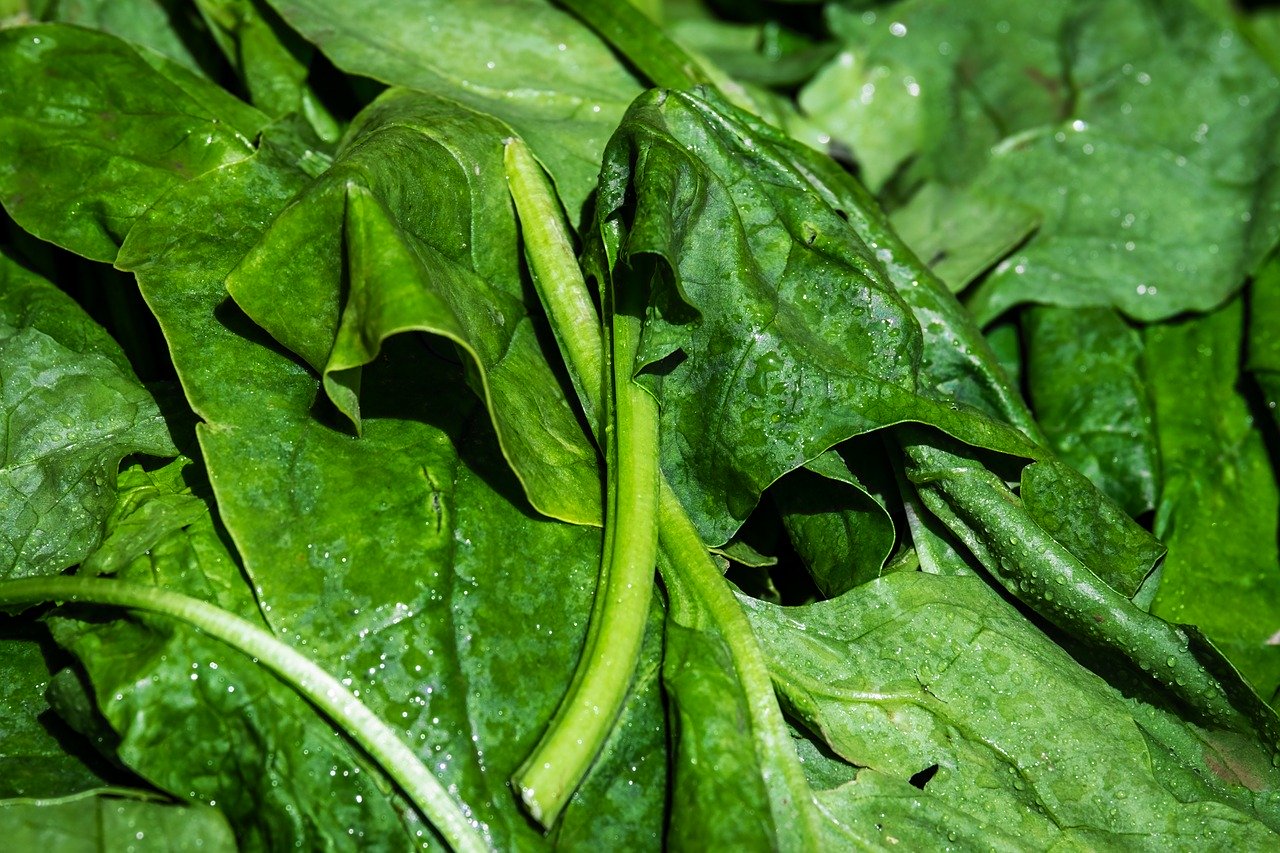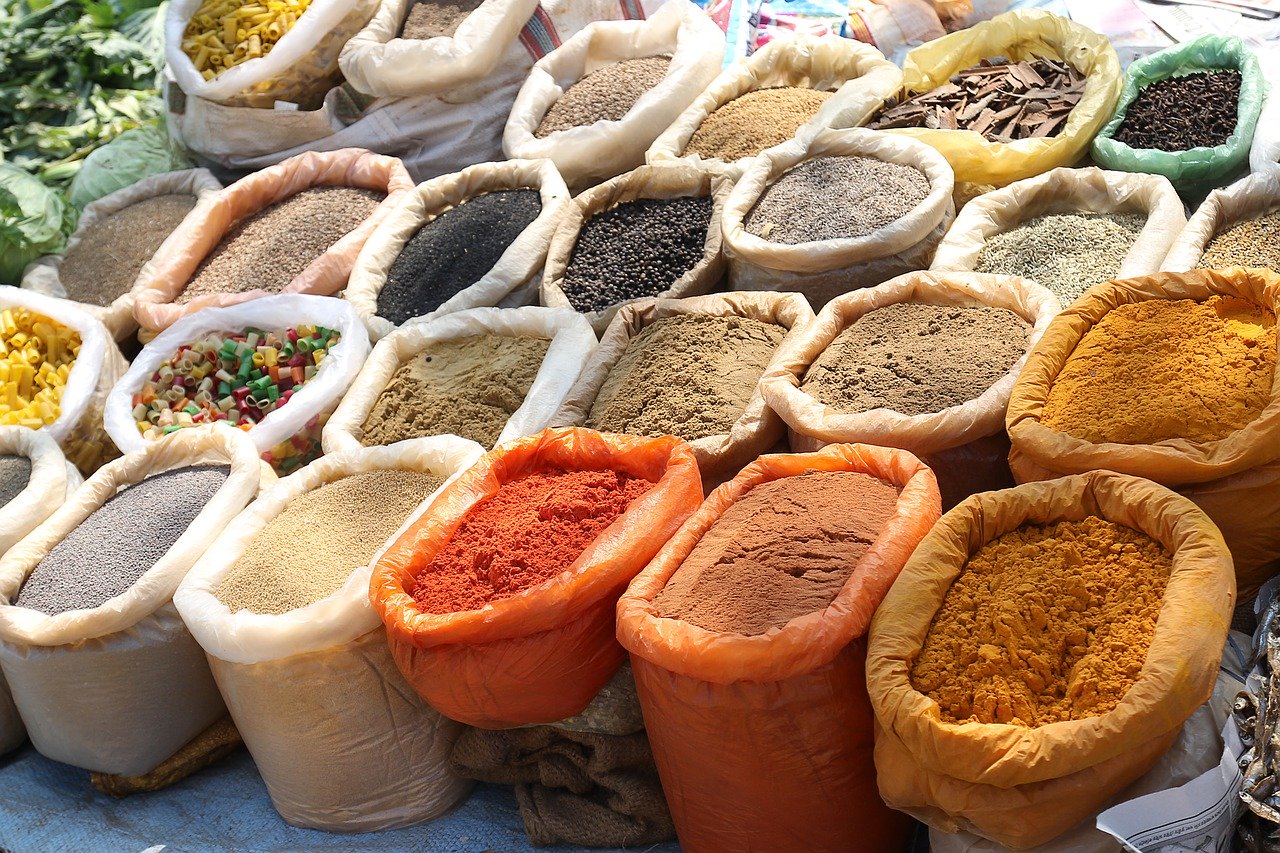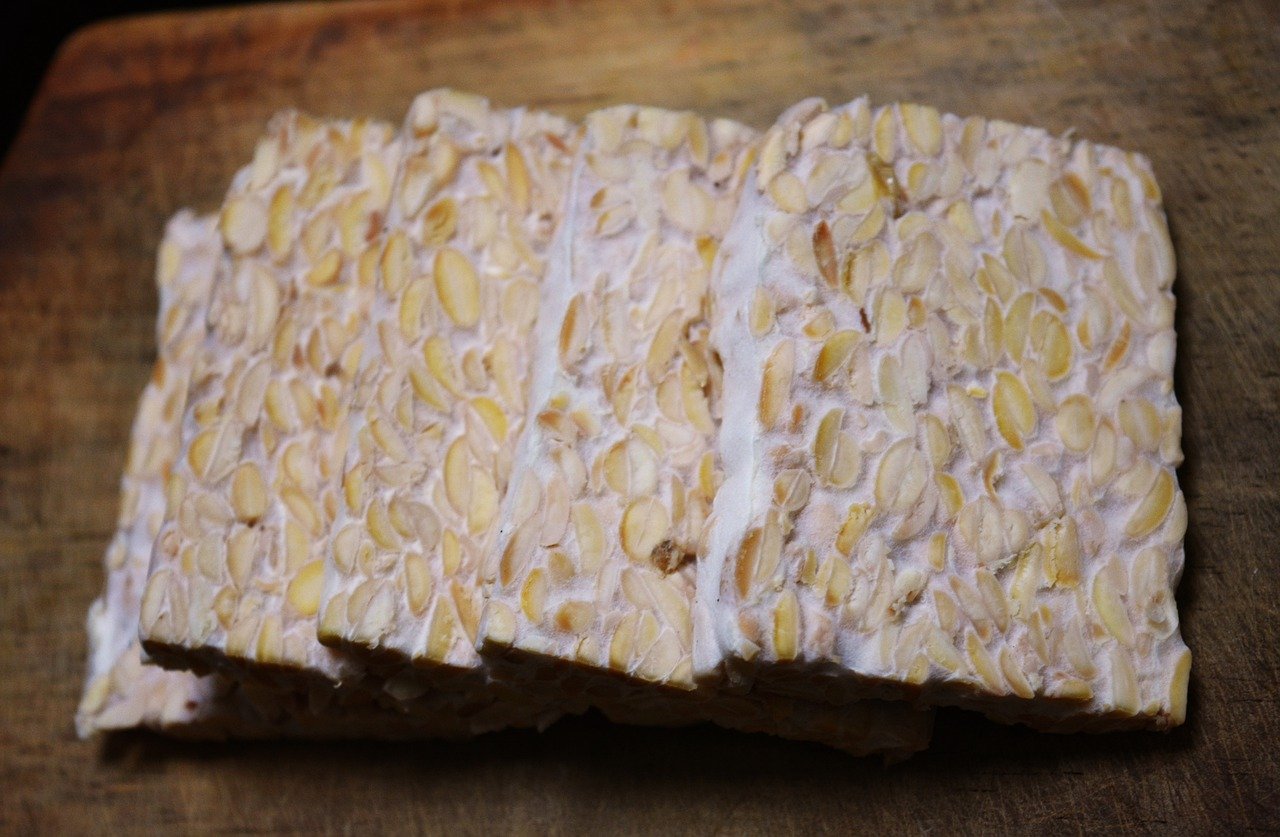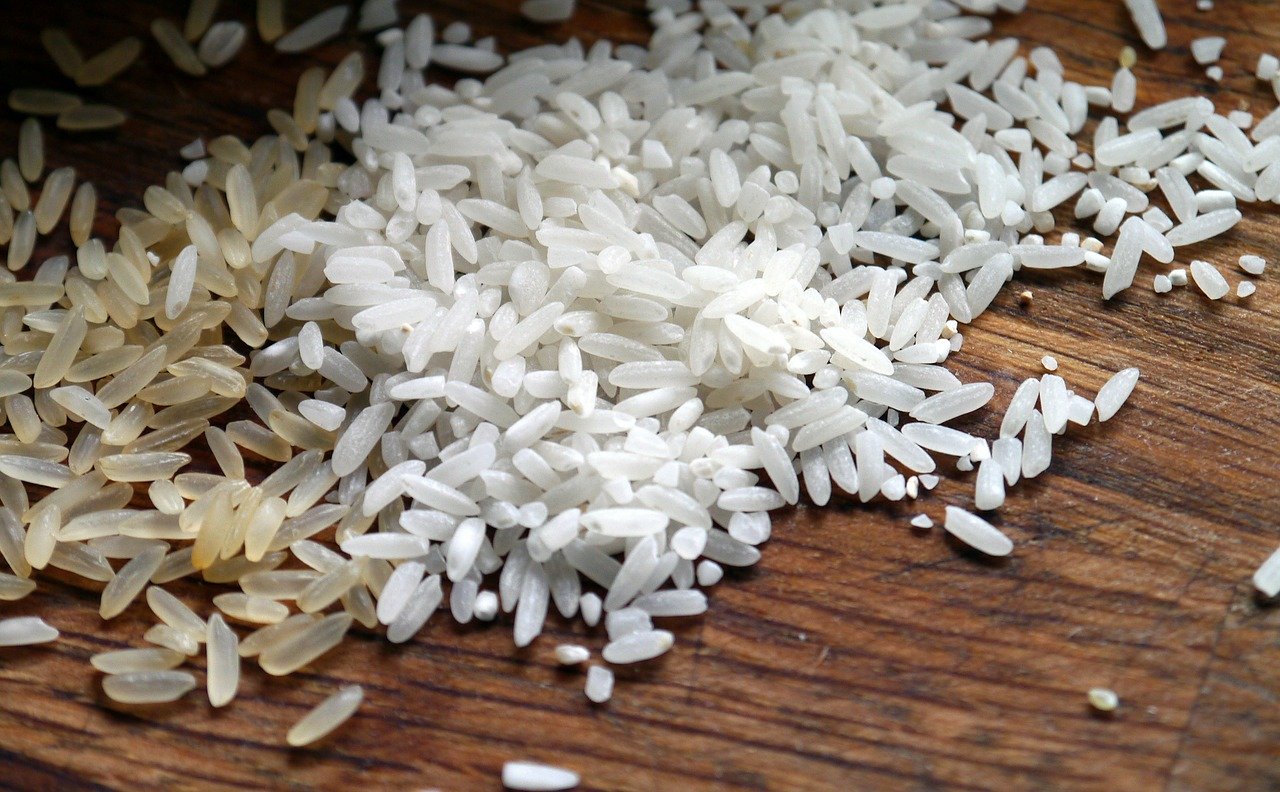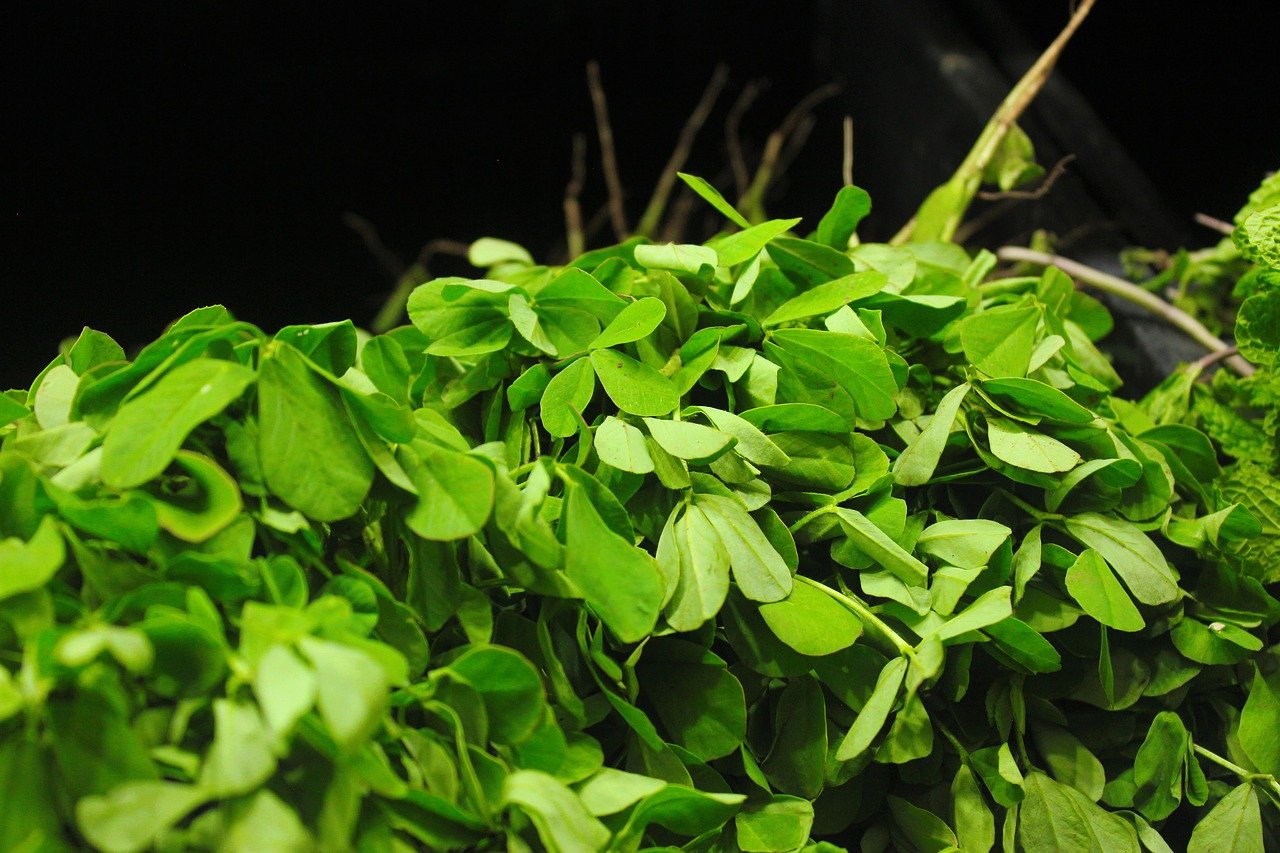In April 2018 researchers from Austria published the results of their study to assess dietary perchlorate exposure of the Austrian population for adults, children and infants. In addition, a risk … Read more
Herbs and spices appear to have antioxidant, anti-microbial, and anti-inflammatory properties and they may in addition reduce the risk of developing chronic diseases, eg cardiovascular disease, neurodegenerative conditions, chronic inflammation, arthritis, cancer, obesity and diabetes type 2
In May 2019 researchers from Canada published their review of the medical scientific literature to identify and assess specific biomarkers in 25 herbs and spices, namely anise, basil, black pepper, … Read more
Although there is no overall carcinogenic risk in consuming canned tuna fish in Iran, there is a potential risk due to its arsenic content
In August 2018 researchers from Iran, Chile, Italy and Norway published their review of the medical scientific literature to analyse the pooled concentrations of metals found in canned tuna fish … Read more
Pooled levels of arsenic and lead found in shrimp from the Persian Gulf region were found to be higher than the safe dose recommended by the Food and Agriculture Organization/World Health Organization guidelines and may contribute to the risk of oral cancer
In March 2018 researchers from Iran and Italy published their review of the medical scientific literature to assess the association between the intake level of arsenic and lead from groups … Read more
Exposure to organophosphate pesticides during pregnancy appears to contribute to child neurodevelopment disorders
In June 2019 researchers from Thailand published their review of the medical scientific literature to assess the effects of prenatal and postnatal exposure to organophosphate pesticides in children. The researchers … Read more
Amongst soy-based foods, tempeh has the highest content of the toxic metal cadmium
In January 2020 researchers from the Czech Republic published the results of their study to assess the weekly dietary intake of cadmium from soybeans (or soya beans). A total of … Read more
The preparation and cooking methods applied for rice appear to effectively reduce the risks associated with toxic metals to an acceptable level, except for arsenic which was still at a level to be considered a carcinogenic risk
In July 2019 researchers from Iran published the results of their study to assess the effect of different pre-cooking and cooking methods on the concentration of toxic (arsenic, cadmium and … Read more
Herbal detox programmes, which are gaining in popularity, can be associated with potential serious adverse effects
In December 2018 researchers from the USA published a case report involving a 67-year-old man who developed severe hyponatraemia after starting a five-day kidney detox programme. Hyponatraemia is a low … Read more
Food additives are one of the factors in ultra-processed foods causing concern, for whilst some food additives can be beneficial for human health, others may alter the composition of the gut microbiota and lead to inflammation, which in turn may lead to different forms of inflammatory disease
In October 2019 researchers from Qatar published their review of the association between a Western diet and chronic diseases. A Western diet is characterised by a high intake of energy-dense … Read more
Cooking does not consistently reduce the levels of per-and poly-fluoroalkyl substances found in seafood and cannot diminish dietary exposure
In May 2019 researchers from Australia published the results of their study to assess whether different cooking methods can potentially change the levels of per-and poly-fluoroalkyl substances found in seafood. … Read more
Research undertaken so far does not prove that artificial food colouring actually causes autism spectrum disorder, although there does appear to be a link of some type
In February 2020 researchers from India and Qatar published their review on the use of food colouring and autism. They stated that in 2018 the Centers for Disease Control and … Read more
Whilst the general public are encouraged to eat a diet high in fruit and vegetables, it should be remembered that there may be large quantities of added sugar and sodium in manufactured products which can have a significant adverse effect on their health
In February 2019 researchers from New Zealand published the results of their study to assess the sugar and sodium content of pre-packaged fruit and vegetable-based products which are available in … Read more
As both classic and fruit energy drinks contain a large amount of caffeine and sugar, it would not be advisable to drink large amounts due to possible health issues
In January 2020 researchers from Poland published the results of their study to assess the content and antioxidant properties of 24 popular classic and fruit energy drinks. The content of … Read more
Fenugreek
Fenugreek (Trigonella foenum-graecum) seeds contain mucilage, trigonelline, 4-hydroxyisoleucine, sotolon, diosgenin, luteolin, phenolic acids, and protodioscin and is “generally recognized as safe” when used as a flavouring by the U.S. Food … Read more
Phthalates have been identified in fruit juice
In December 2018 researchers from the Russian Federation published the results of their study to assess the level of phthalates, a persistent organic pollutant in the environment, in domestic juice … Read more
According to the European Committee on the Environment, Public Health and Food Safety, fruit juices are in the top 10 food products most at risk of food fraud, ie the intentional adulteration of food for financial advantage
In March 2019 researchers from Greece published their review on the quality and authenticity control of fruit juices. Food fraud, is the act of intentional adulteration of food for financial … Read more
Although no health claim for pomegranate has yet been authorised by the European Union, it should be noted that there may be significant mismatches between labelling and the content of bioactive compounds which is causing consumers to be misled over a product’s health benefits
In April 2019 researchers from Spain and Poland published the results of their study to compare the labelling information with the actual phytochemical content of pomegranate-based products. Punicalagin is responsible … Read more
Consumption of 5 g/day of dehydrated seaweed does not pose a risk to the health of adults despite containing toxic metals
In March 2019 researchers from Spain published the results of their study to assess the content of toxic metals in edible seaweed samples marketed in Spain. A total of 73 … Read more
Researchers call for research into the safety of manufactured citric acid, a common additive in foods and beverages
In August 2018 researchers from the USA published four case reports of individuals who repeatedly suffered from different inflammatory reactions following the consumption of foods, beverages or vitamins which contained … Read more
Researchers call for the development of regulations to ensure the safety of herbal teas
In January 2018 researchers from Italy published the results of their analysis of 32 samples of commercially available black and green teas which had been purchased from markets and online-shops … Read more

